Dien Bien Phu Campaign in the memories of Vinh Bao Veterans
(Haiphong.gov.vn) - 70 years have passed, but the memories of the Dien Bien Phu campaign, the days of "digging mountains, sleeping in tunnels, enduring rain, eating rice balls", are still deeply imprinted in the memories of former Dien Bien soldiers in their hometown of Vinh Bao.
Dedicate all youth
According to the history of the Vinh Bao District Party Committee (1938-2018), during the 9-year long resistance war against the French colonialists, the Party Committee, army and people of Vinh Bao District organized forces to fight to liberate their homeland, protect the safety of agencies of Hai Duong and Kien An provinces, of Military Region 3 and the people of the evacuated localities. Vinh Bao District actively supported human and material resources for the resistance war. Vinh Bao mobilized 2,888 young men to join the army, nearly 1,000 frontline laborers, contributed a lot of gold and silver and thousands of tons of food, 13,959 people joined the militia and guerrillas. Notably, during the Dien Bien Phu campaign, from Vinh Bao land, nearly 600 children went to fight, serving in combat on all battlefields in the historic Dien Bien Phu campaign .
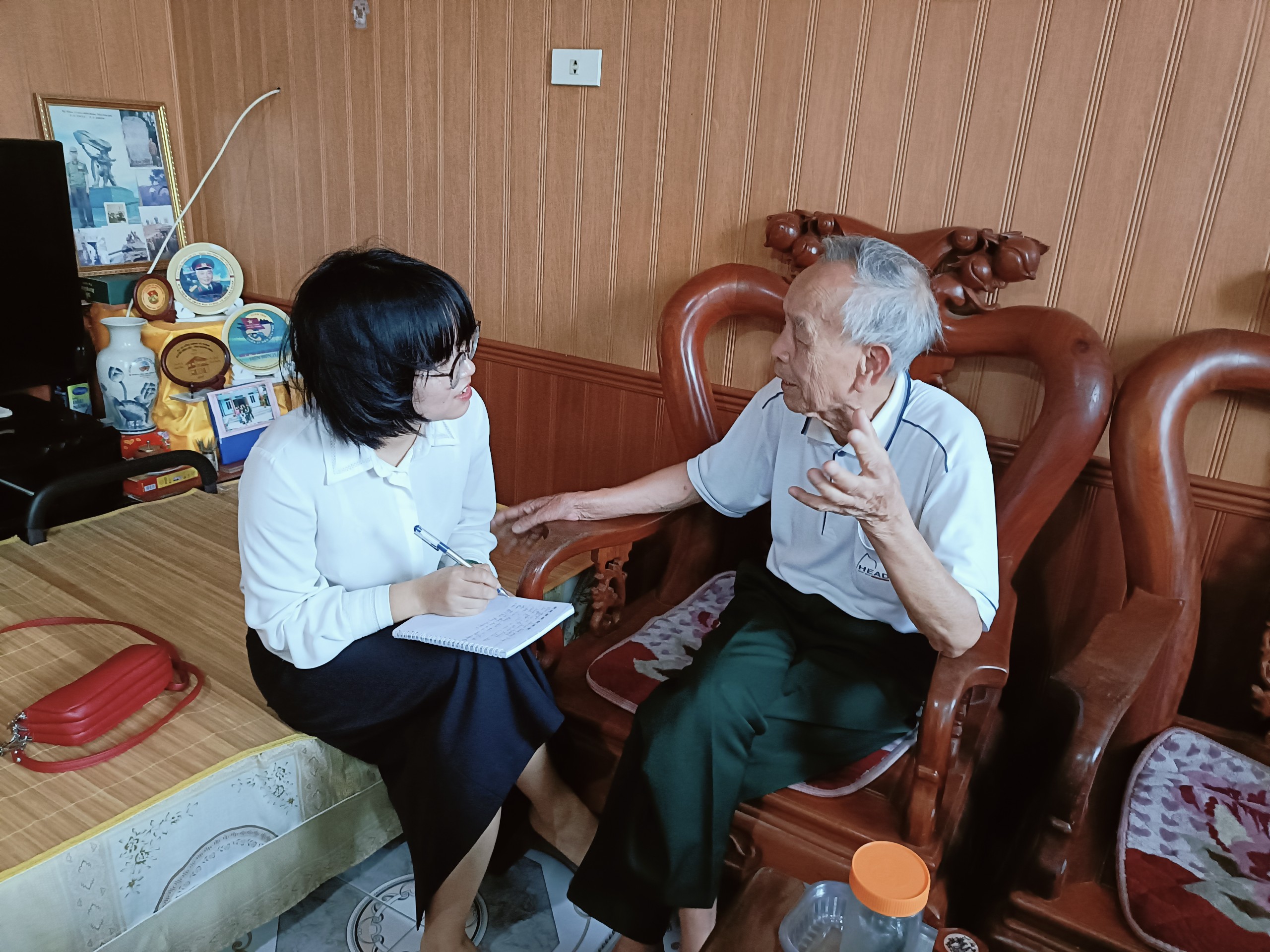
Under the early summer sun, I had the opportunity to visit the former soldiers of Dien Bien Phu. At the age of 90, near death, although their eyesight was dim and their legs were slow, when telling me about the days of “digging mountains, sleeping in tunnels, eating rice balls in the pouring rain”, the old soldiers all shone with pride.
Mr. Le Cong Vinh (in Hung Tien commune) recalls: In 1952, when he was just 22 years old, he enlisted in the army and was sent to study artillery in China. In 1953, he returned to the country. He was assigned to the 394th Artillery Battalion, 367th Regiment, 351st Division. His unit was tasked with protecting the infantry entering the Him Lam base and firing around the Muong Phang airport.
Mr. Vinh said that the days of fighting in Dien Bien Phu were hard, pulling artillery in and out, digging tunnels to sleep on the ground, being tormented by malaria... but the soldiers' will and spirit were very high, defeating the enemy and cutting off all supply lines, leading to defeat. After the victory, Mr. Vinh's unit was ordered to move to liberate the capital, then join the land reform protection groups in the North. In 1958, Mr. Vinh was promoted to Sergeant, selected to stay and build the unit and participate in military recruitment.
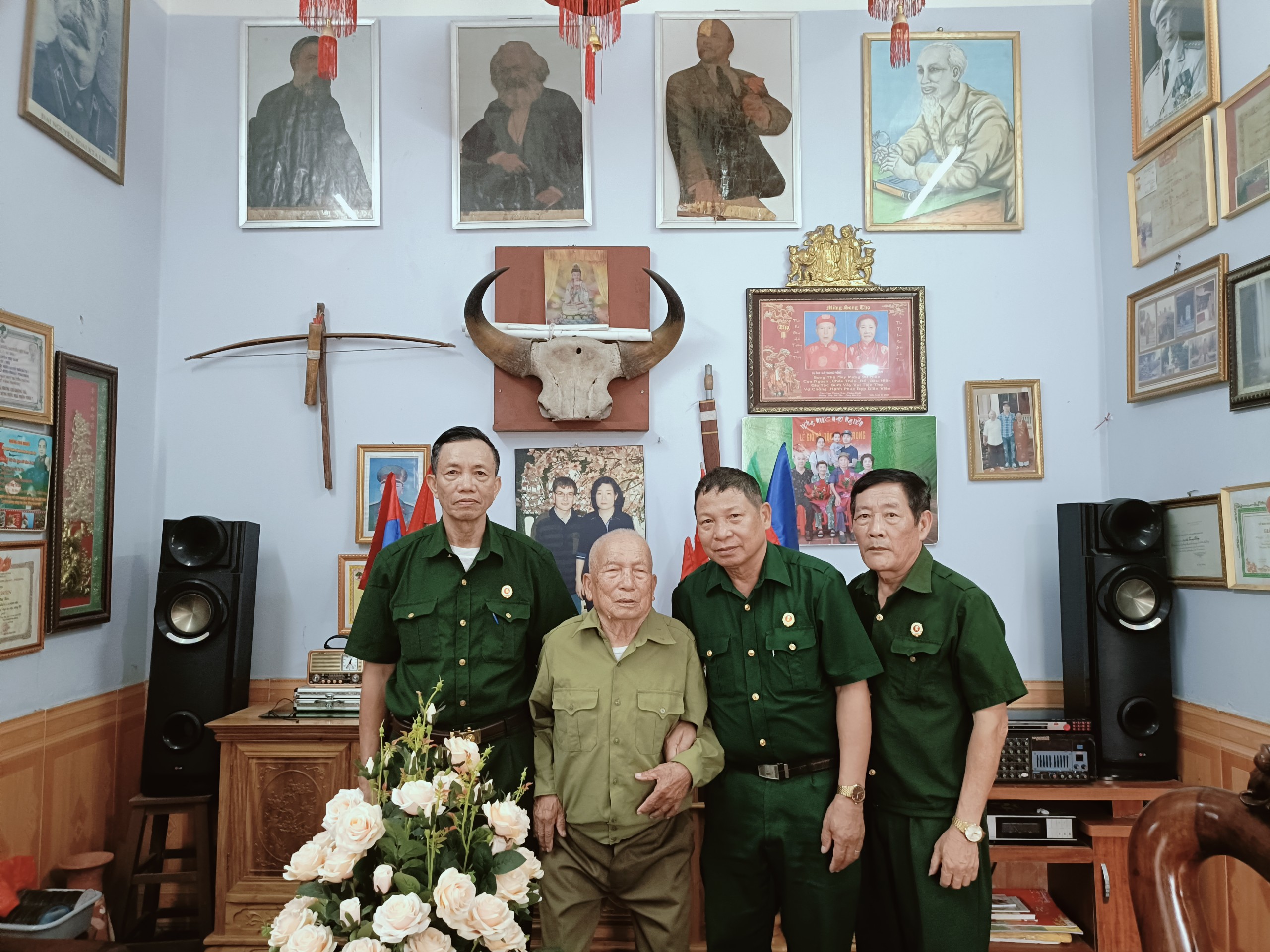
Born and raised in Thanh Hoa, young man Le Trong Hong (94 years old, currently living in Hung Tien commune) At that time, he was just 18 years old and joined the army. Before participating in the Dien Bien Phu campaign, soldier Le Trong Hong and his comrades participated in the Song Lo campaign, the Hoang Hoa Tham campaign, and then was sent to China to learn how to use anti-aircraft artillery. When he returned to the country, he was appointed as the Platoon Leader of the anti-aircraft artillery team, Regiment 57, Division 304. His unit was tasked with holding Hong Cum, building a bow-shaped battle formation to separate the Hong Cum Sub-region from the Central Sub-region; preventing the French troops in Dien Bien Phu from fleeing to Laos. He recalled: During the days of the campaign, it was very fierce and fierce, but the will and spirit of the troops were very high, the whole unit was propagandized and learned about the heroic sacrifices of heroes To Vinh Dien and Phan Dinh Giot.
Unforgettable days
Like Mr. Vinh and Mr. Hong, Mr. Do Huu Thanh (in Vinh Tien commune) spent his youth fighting for national independence. At the age of 15, he joined the commune team as a liaison to attack Ly Khoai outpost and destroy the militia in Tran Duong commune (Vinh Bao district). At the age of 16, he and 40 other outstanding young men from Tran Duong and Vinh Tien communes joined the army. Mr. Thanh was assigned to the information task of Regiment 102, Division 308, transferring documents and orders from the Regiment to the Battalions and Companies. His unit received orders to operate at Doc Lap hill, Him Lam, and then the Eastern Muong Thanh area.
At that time, signal soldiers were hardly trained formally. The knowledge they acquired was learned from each other. Signal soldiers faced many dangers when they had to quickly go to the area to reconnect the broken line. All information, orders, and directives from superiors were transmitted quickly and promptly, kept secret to serve the work of deploying tactics and combat plans. After the victory of Dien Bien Phu, he continued to serve in the army, until 1961 when he transferred to work at the Kien An Food Service in Hai Phong . In 1979, he retired.
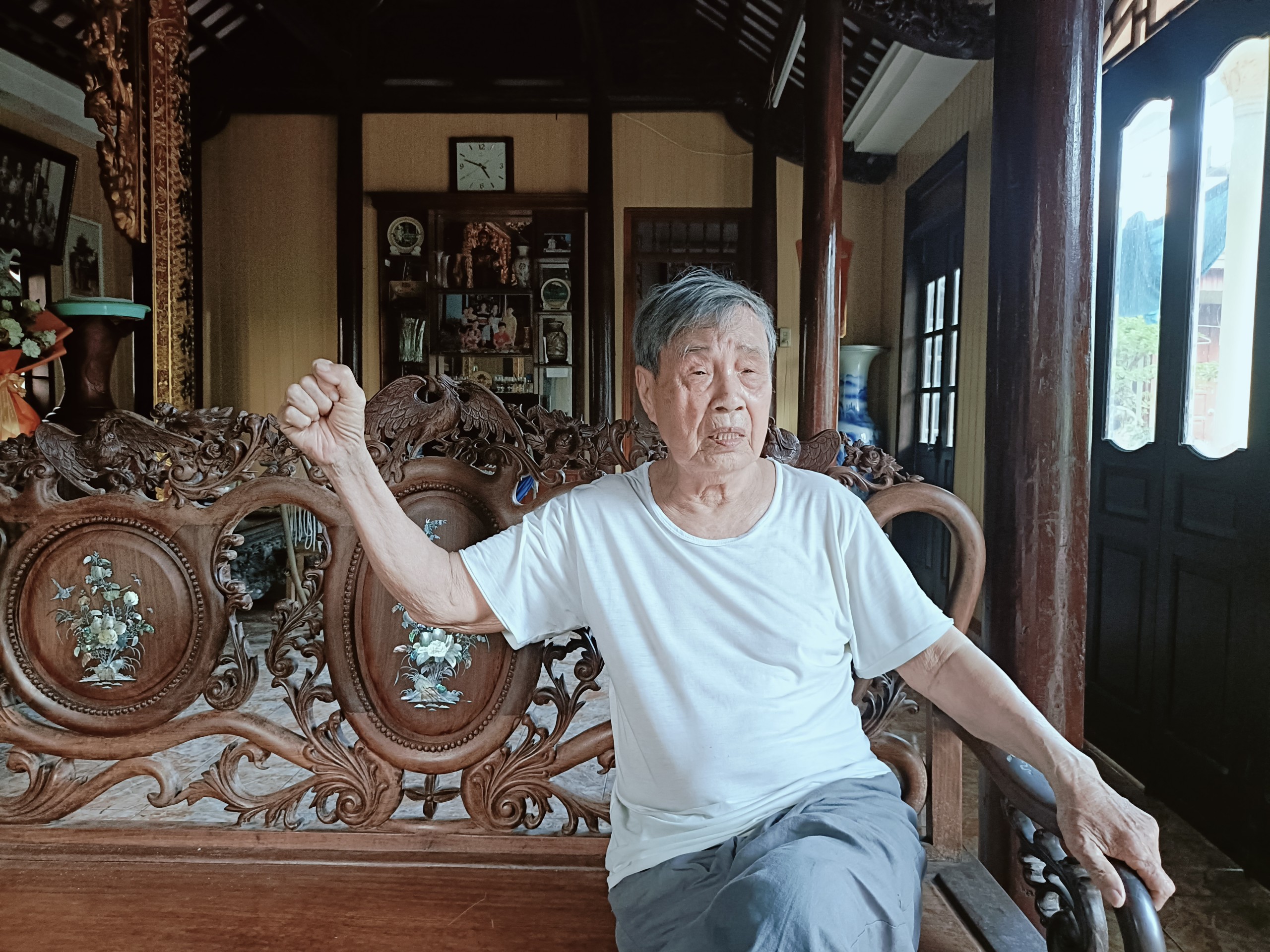
In the memories of the soldiers, the days participating in the Dien Bien Phu campaign were like a song with sadness and choking but also happiness and heroism. For Mr. Dao Quang Thinh (Tran Duong commune), he joined the resistance war in 1953 when he was just 16 years old. He recalled: “That year, the selection of soldiers was very careful. When I was selected, I was extremely happy. Before leaving, my mother made me a brown outfit and gave me a handful of rice with sesame salt. I was assigned to Company 81, Battalion 439, Regiment 98, Division 316. On the way to Ninh Binh, I was worried that I was too young to be sent to the army. But when I arrived in Thanh Hoa and was directly trained by experienced cadres, I was convinced that I had officially “passed the selection”.
At exactly 5:00 p.m. on March 30, 1954, after the Vietnamese army's artillery fired to suppress the attack, opening the second wave of attack on the Dien Bien Phu stronghold, Mr. Thinh's unit was assigned the task of capturing Hill C1 - an important stronghold, the only hill among the eastern hills chosen by the French to erect the flagpole for the entire stronghold. The battle between our army and the enemy was extremely fierce.
After exactly 32 extremely fierce and arduous days and nights, Hill C1 fell into our hands. Mr. Thinh’s battalion was assigned the task of protecting the trenches. The image that he will always remember is when he saw a comrade who was seriously injured lying on the ground but still holding a grenade in his hand as if he was still ready to attack.
His voice seemed to drop, his eyes looking into the distance: “My unit had 120 people but almost all of them were sacrificed, only 7 people survived. I also narrowly escaped death when I just left the bunker on Hill C1 when a 120mm artillery shell hit the bunker.” After the Dien Bien Phu victory, Mr. Thinh was assigned to stay behind to make war films and then returned with his teammates to take over the capital. In 1958, he went to study to become an army officer. Due to health reasons, he had to stop studying to become an officer, switch to studying pedagogy and become a high school math teacher.
After the Dien Bien Phu campaign, veterans in Vinh Bao district continued their military careers, worked, built their homeland and country, got married, and raised their children. Each journey was full of difficulties and challenges, but the soldiers of the past were always brave and steadfast./.
Duong Thi Bich, Vinh Bao District Party Committee
Source


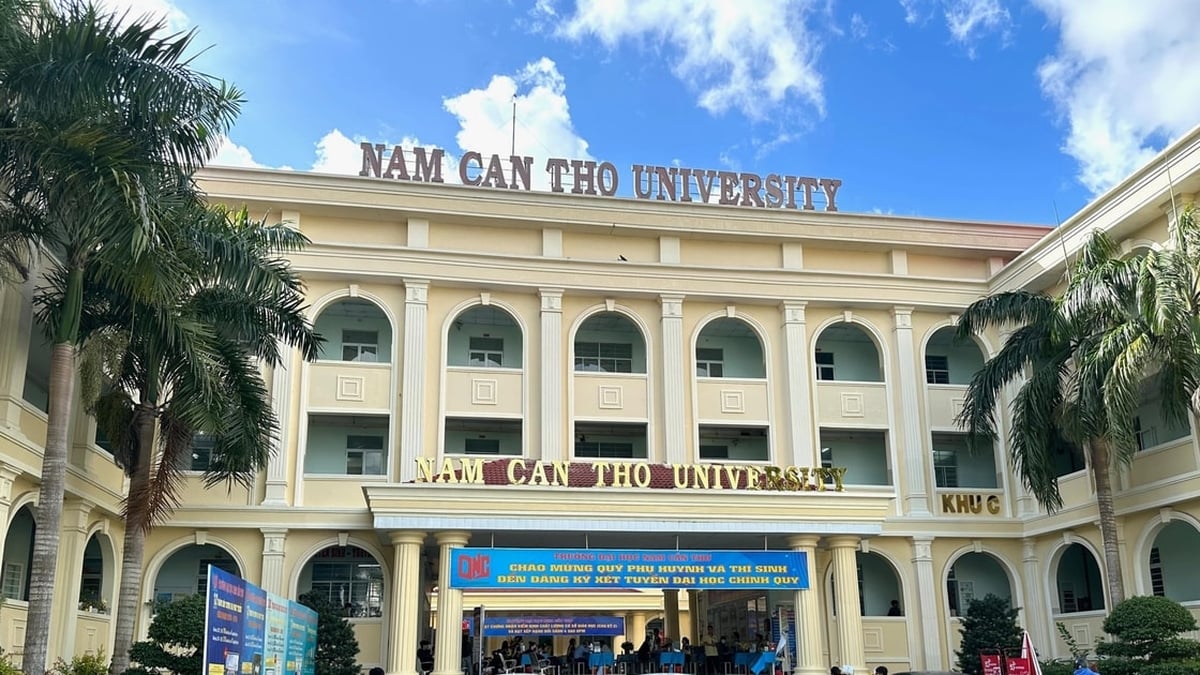
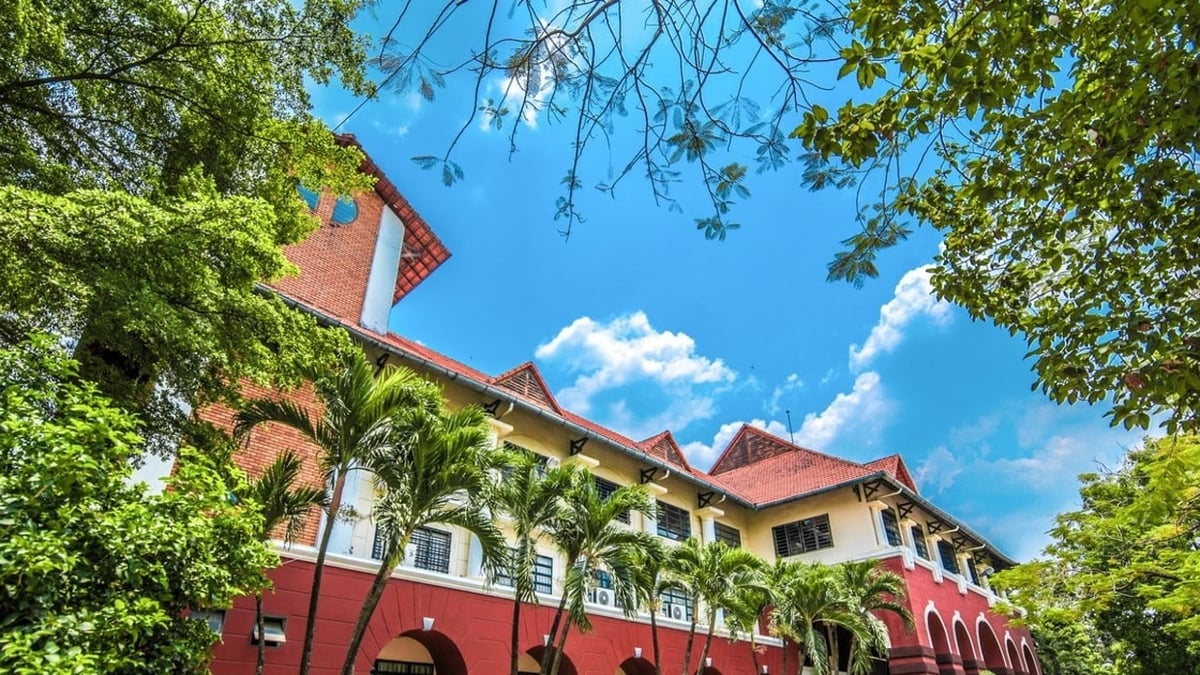
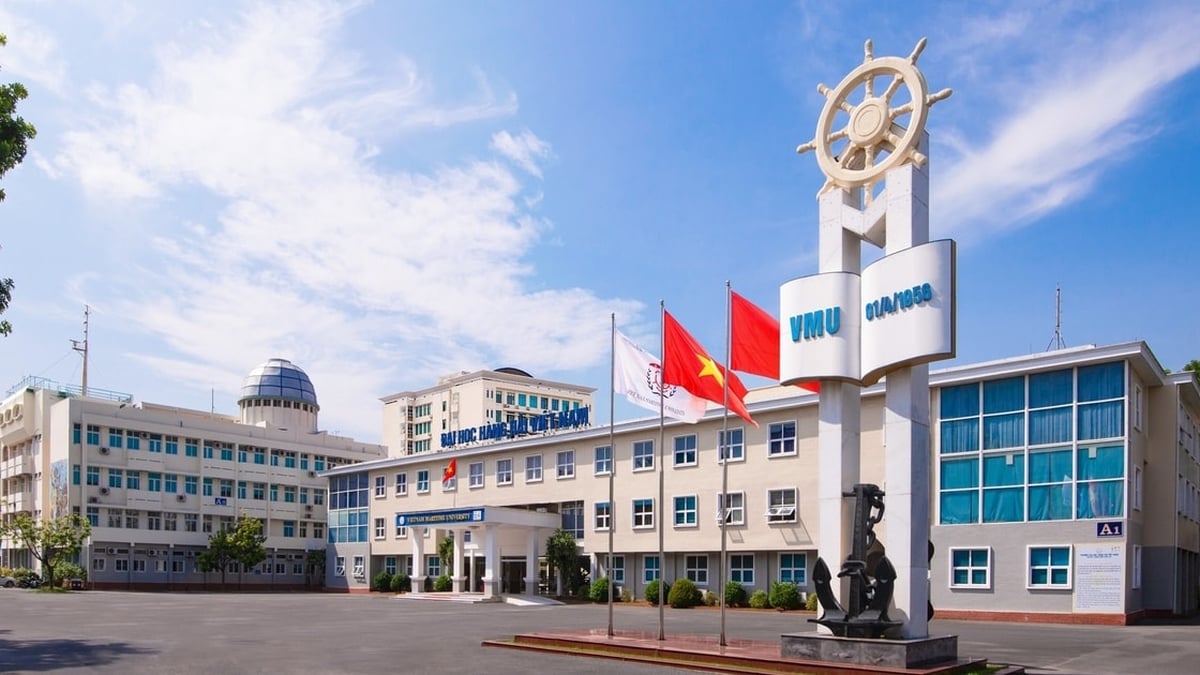

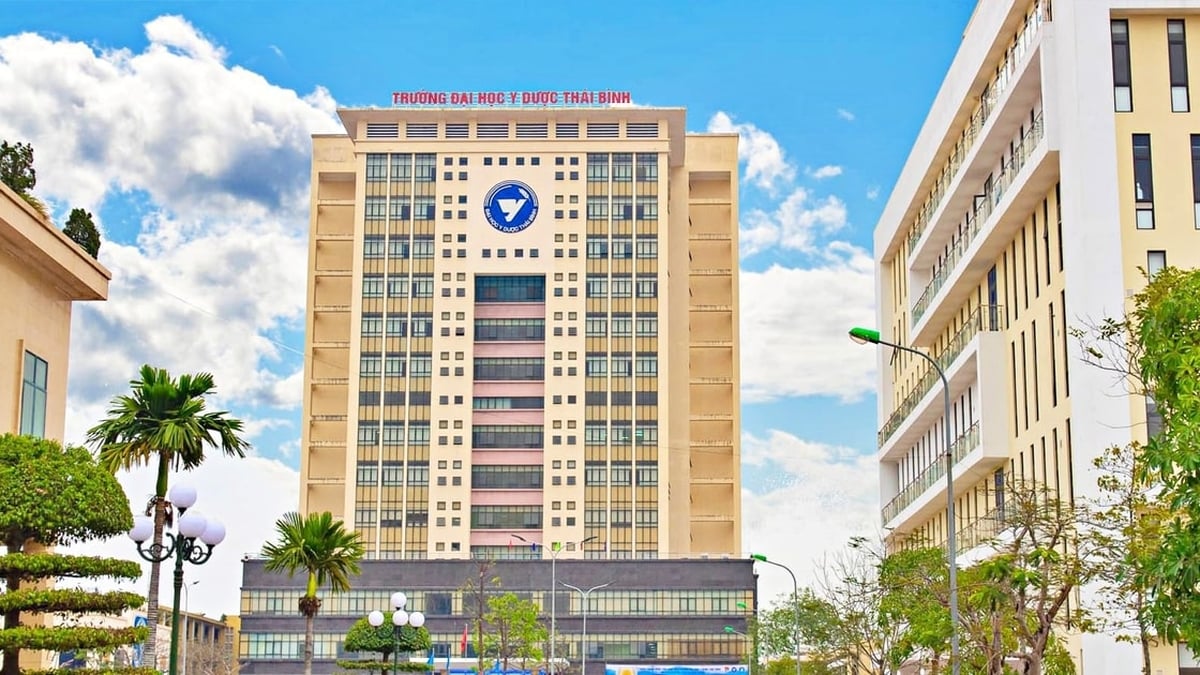
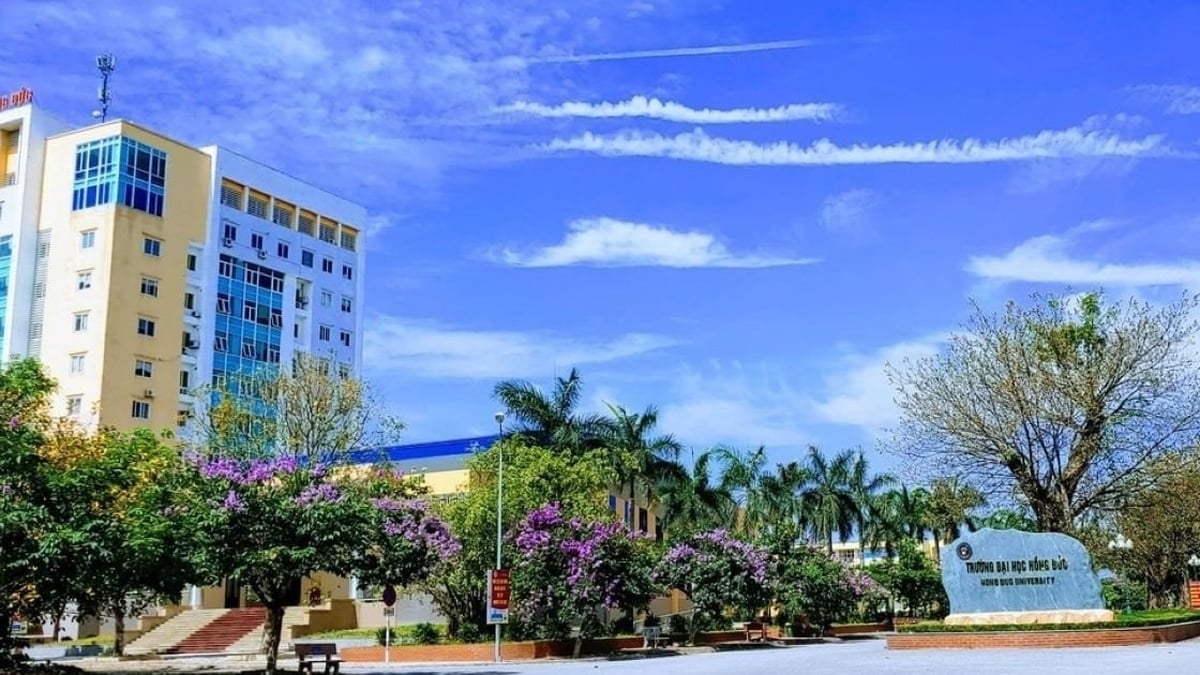
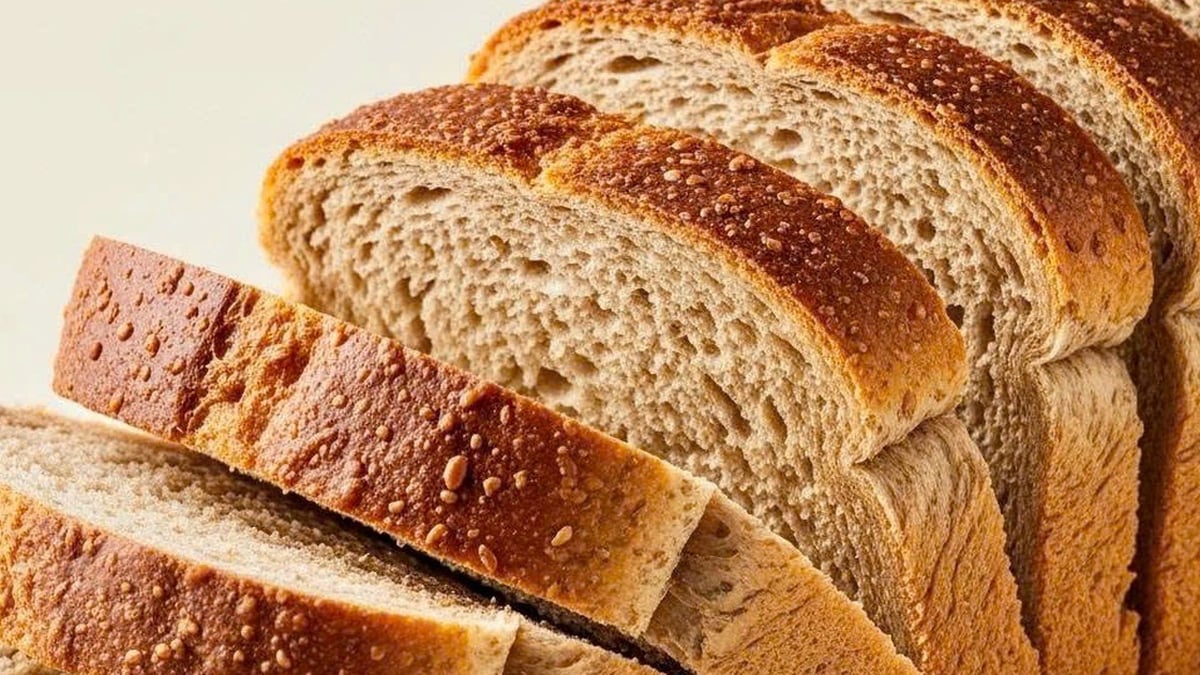
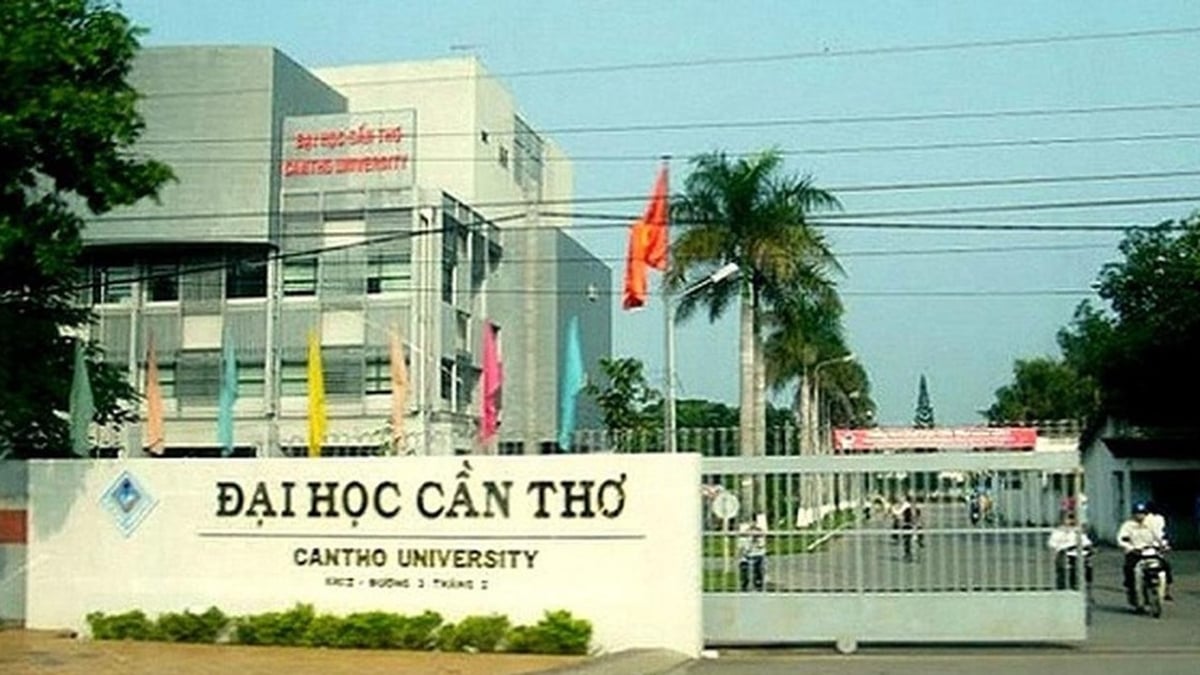

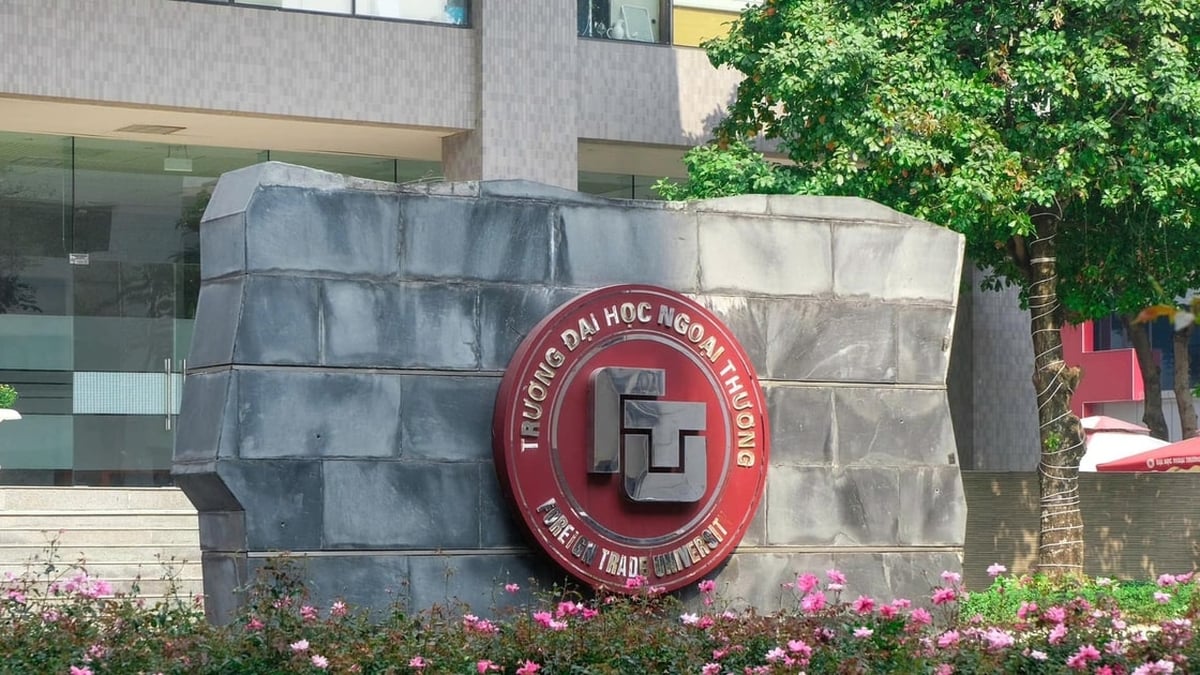





















































































Comment (0)